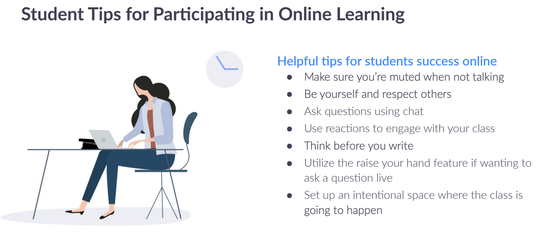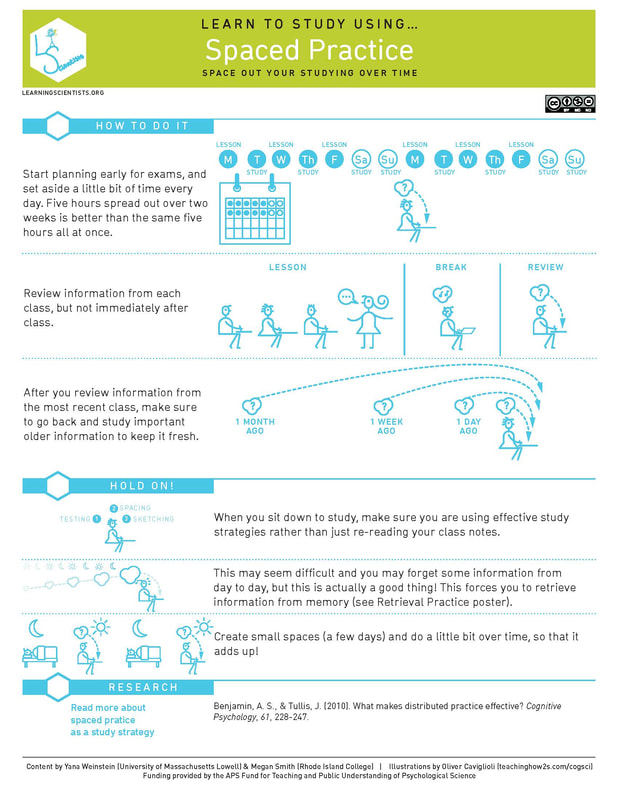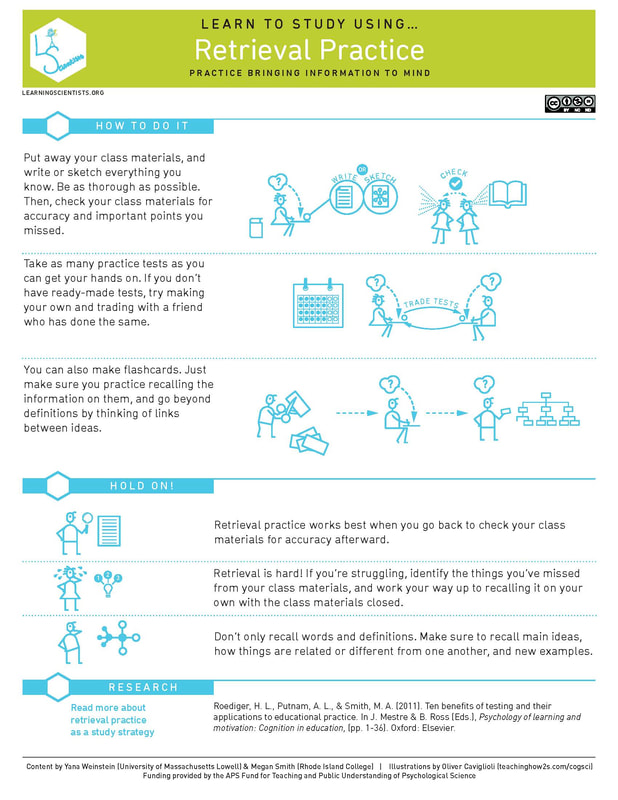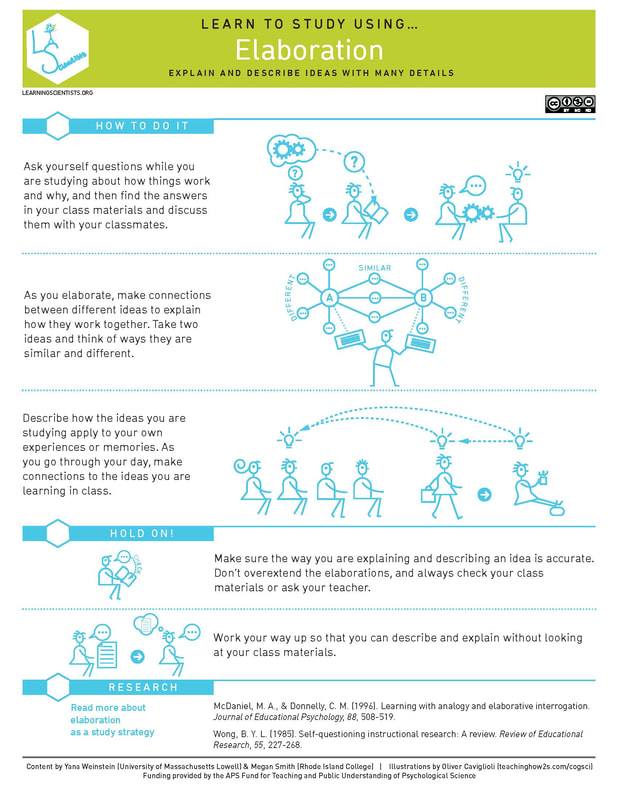Learning online has particular challenges for students
We know that online courses are different from face-to-face ones in several ways:
- They are flexible, so you can schedule courses around your life BUT this also means you may not have any set day or time for the course. You need to plan when to do the readings, assignments, projects, etc. even more than in a face-to-face class. To succeed in an online course, use best-practices for learning, things like spaced studying, self-testing, and other self-regulated learning and study skills resources noted below.
- Knowing what the instructor expects of you is especially important for an online course. You will need to read the syllabus carefully and keep up with course announcements. Since there is no class time, you will not be reminded of assignments and deadlines in person.
- They can be isolating, so take opportunities to interact with your instructor and classmates when they are available.
- Take a look around the course site to see if there are tools and resources that might be helpful. Try a few of them out, you might be surprised how valuable they can be.
Self-regulated learning &
study skills resources
|
Evidence-based practices increase the ways you think deeply about the subject, leading to better retention and the ability to apply the learning to new problems:
Self-direction:
Set goals--keep them specific, measurable, achievable, and time sensitive. What grade do you want in this course? How often do you plan to study each week? Make a plan.
If you've done a good job on making the plan, this is easier. Reflect each day, each project, each week, each term:
|
Infographic from Illinois Online, click for more explanations
https://online.illinois.edu/articles/online-learning/item/2015/09/16/7-tips-for-online-success More Resources
|




